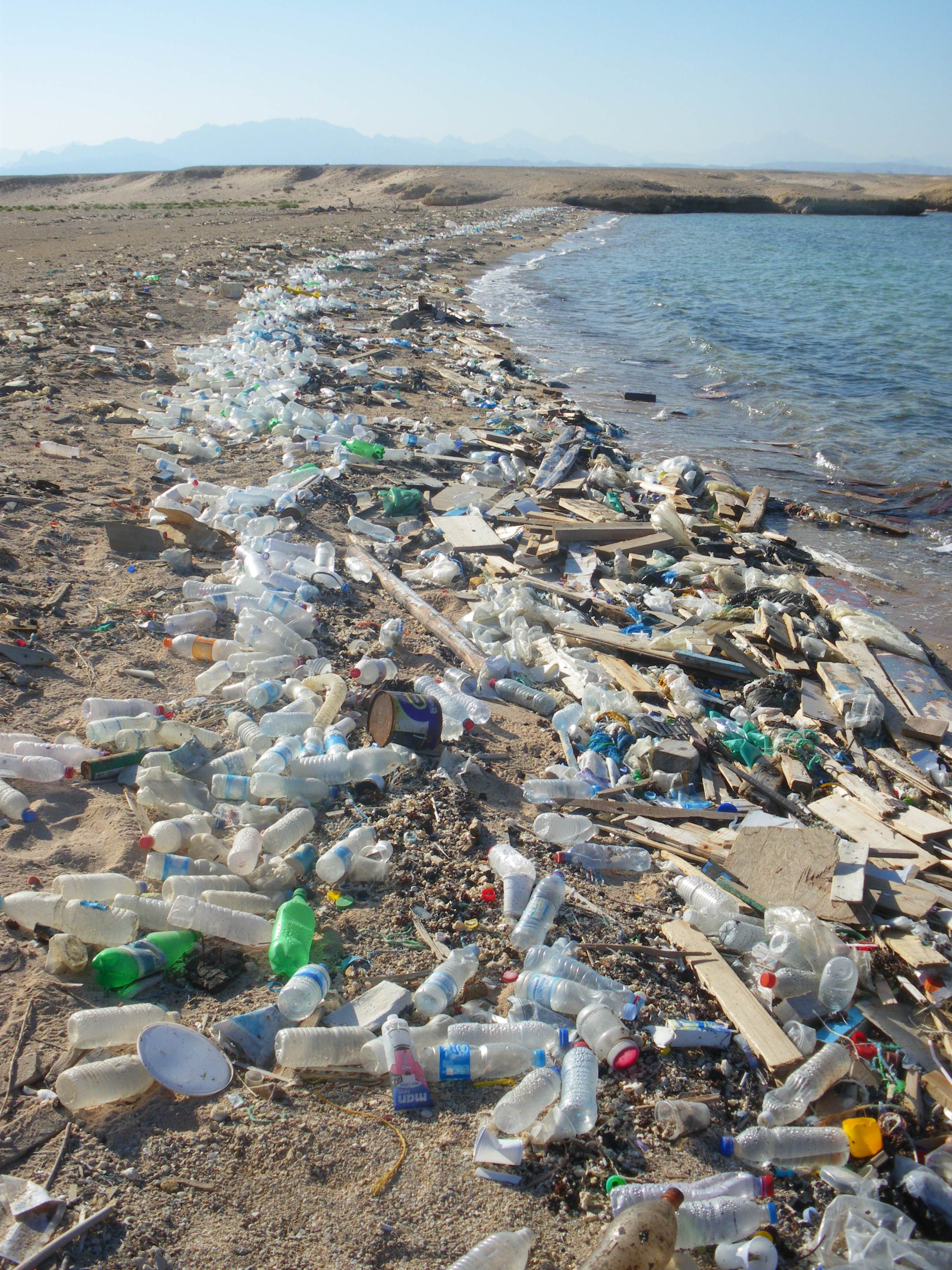What to know about the plastic pollution treaty talks in South Korea
via APNews
A last round of negotiations on a legally binding treaty to address the global scourge of plastic pollution has opened in Busan, South Korea. Here’s what to know about it:
Nations are deciding what actions they’ll take
National delegations still have a lot to hammer out before there is a treaty. Most contentious is whether there will be a limit on the amount of plastic that companies are allowed to produce.
Read the full story here: https://apnews.com/article/plastic-pollution-treaty-negotiations-united-nations-south-korea-870c2dce64527f9de2ff91e423b48aba

















 “We have decided to make the Olympic Games the first major major event without single-use plastic,” Hidalgo told a press conference at a session of the International Forum of Mayors against Plastic Pollution.
“We have decided to make the Olympic Games the first major major event without single-use plastic,” Hidalgo told a press conference at a session of the International Forum of Mayors against Plastic Pollution. A single 1-litre bottle of water could contain 240,000 microscopic plastic particles. The
A single 1-litre bottle of water could contain 240,000 microscopic plastic particles. The  Plastics are now infecting the Earth’s geology—so much that experts are now calling to formally recognize a new kind of sedimentary
Plastics are now infecting the Earth’s geology—so much that experts are now calling to formally recognize a new kind of sedimentary  Government delegations will gather in Nairobi, Kenya, to hammer out details of what could be the first global treaty to tackle the plastic pollution crisis.
Government delegations will gather in Nairobi, Kenya, to hammer out details of what could be the first global treaty to tackle the plastic pollution crisis. Not even the Arctic Ocean is immune to the incessant growth of microplastic pollution. In a new study that analyzed sediment core samples, researchers quantified how many of the particles have been deposited since the early 1930s. As scientists have shown elsewhere, the team found that microplastic contamination in the Arctic has been growing exponentially and in lockstep with the growth of plastic production—which is now up to a trillion pounds a year, with the global amount of plastic waste projected to triple by 2060.
Not even the Arctic Ocean is immune to the incessant growth of microplastic pollution. In a new study that analyzed sediment core samples, researchers quantified how many of the particles have been deposited since the early 1930s. As scientists have shown elsewhere, the team found that microplastic contamination in the Arctic has been growing exponentially and in lockstep with the growth of plastic production—which is now up to a trillion pounds a year, with the global amount of plastic waste projected to triple by 2060.
You must be logged in to post a comment.